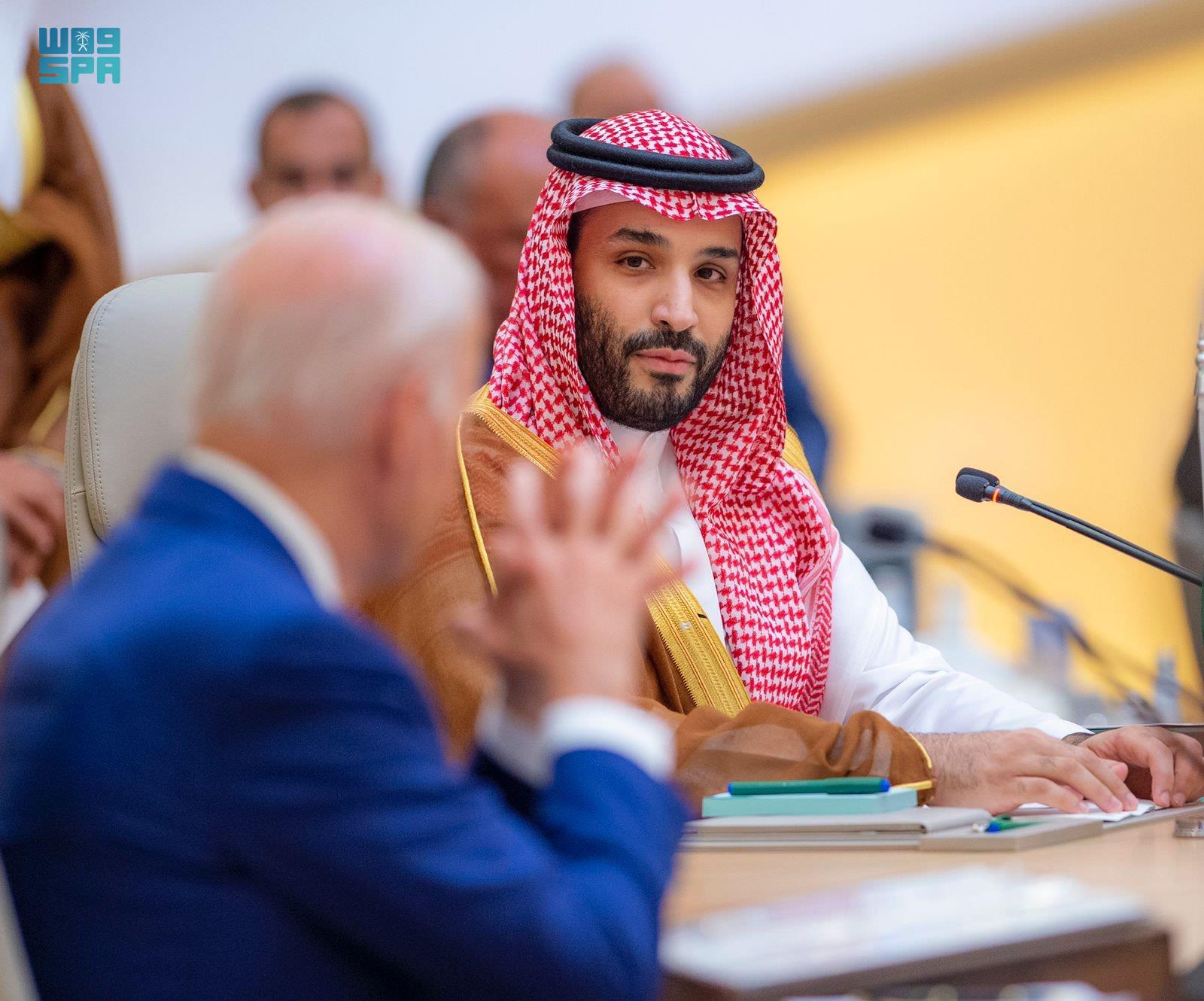Senior US officials from the Biden administration are in Riyadh this week for security meetings to discuss Iran and other mutual defense concerns, with one official telling reporters that the meetings demonstrate a commitment to the region despite the narrative in the media that the U.S. is seeking to distance itself from the region.
The US government delegation participating in the US-Gulf Cooperation Council (GCC) Working Group meetings from February 13-16 will include officials from the Pentagon, State Department and the National Security Council, according to Al Arabiya.
The delegation will be led by some of the top US government officials, including Special Envoy for Iran Robert Malley, Acting Coordinator for Counterterrorism and Acting US Special Envoy for the Global Coalition to Defeat ISIS Christopher Landberg, Deputy Assistant Secretary of State for Arabian Peninsula Affairs Daniel Benaim, and Deputy Assistant Secretary of Defense for the Middle East Dana Stroul.
According to Al Arabiya, one senior official told reporters on the condition of anonymity that the U.S. was serious about pushing for greater cooperation between the U.S. and Saudi Arabia on security matters, calling the speculation in the media that then U.S. is actively seeking to distance itself from Saudi Arabia a “false narrative.”
“I think that the senior high level of officials spending their week in Riyadh meeting with officials from the GCC in this format really speaks to the fact that that is a false narrative,” the official told a small group of reporters at the Pentagon ahead of the meetings. “The US is quite engaged and quite focused in the Middle East,” said the official, who was speaking on condition of anonymity.
The group visiting Riyadh represents a “pretty sizable grouping of defense, civilians and military officials all coming together to consult in this format,” the senior defense official said. “It’s because… we think, given the scale and scope of challenges facing the region today, those threats do not respect borders. These are issues that cannot be addressed exclusively on a unilateral or bilateral basis; they have to be addressed multilaterally.”









